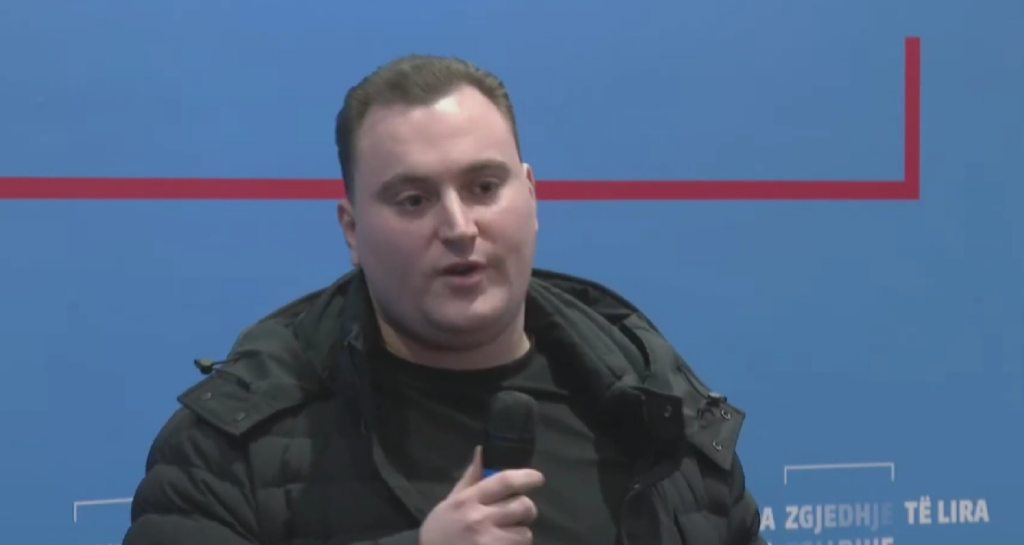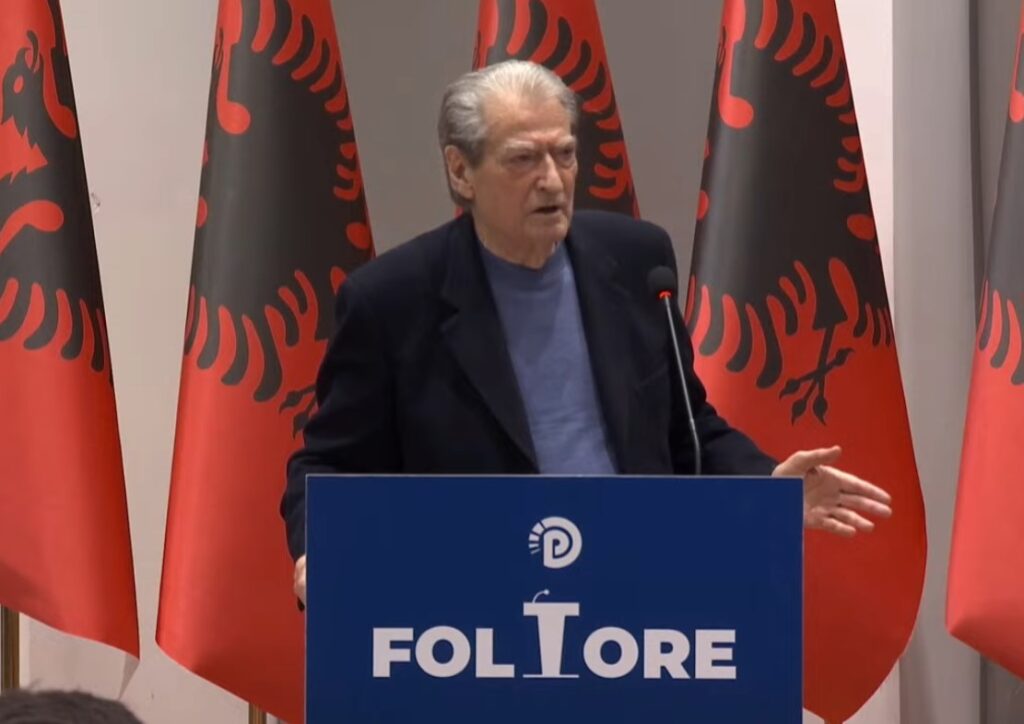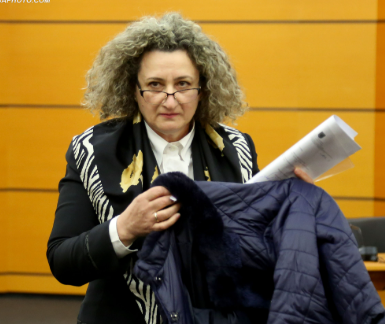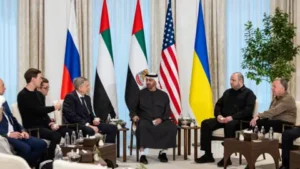“Tabloids generate hatred and intolerance”

This is according to the authors of a project on messages of extremism in Serbia conducted by the Ebart Media Archive. The project was entitled Road Signs: Ideas and Messages of Extremism in Serbian Media and it showed that the electronic media, especially the TV stations, do not take part in generating extremist messages. Occasional statements outside the information program are an exception.
"A number of events occurred from August to December that produced extremist messages in printed media," Ebart Media Archive founder Kazimir Curguz said at the project's presentation on Thursday. Social media, Facebook in particular, are involved in spreading extremist messages.
"They are not themselves the generators of viral events, but simply the means for conveying the messages that appear in printed media," he pointed out. The influence of social networks is still limited, but that does not mean that some dramatic event could not change that, Curguz said.
The biggest quantity of extremist speech was detected in October, after the incident with the drone during a football match between Serbia and Albania in Belgrade and Albania's Prime Minister Edi Rama's visit to Belgrade, which came soon after the said match, Media analyst Danica Laban stated. Although there are similarities with the hate speech the Serbian people were exposed to in the 1990s, these messages are today spread by formal and informal right-wing organizations and groups, rather than the media that are close to the government, project analyst Danilo Rakic noted.
"Those messages emphasize xenophobia and hostility towards the EU and western countries, which are supposedly imposing their system of values through a gay lobby and puppet government," Rakic explained. No mechanisms currently exist to stop that, which is why the Ebart Media Archive will start the second stage of the project, where it will try next year to empower the media, the non-governmental sector and particularly the people so they can react to those occurrences, Curguz stated.
"It means we are going to try to empower them by giving them an instrument they can use to talk directly to the regulatory bodies, whether they be the Print Council or the Radio Broadcasting Agency, every time they feel their personal or collective rights have been violated," he pointed out. Journalist associations need to react as well, because it is in their interest to make sure journalism as a profession does not lose its credibility, but politicians should keep that in mind also.
B92
 KOHA JONË SONDAZH
KOHA JONË SONDAZH






















